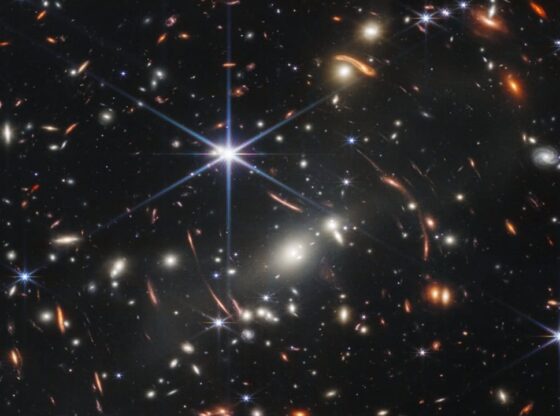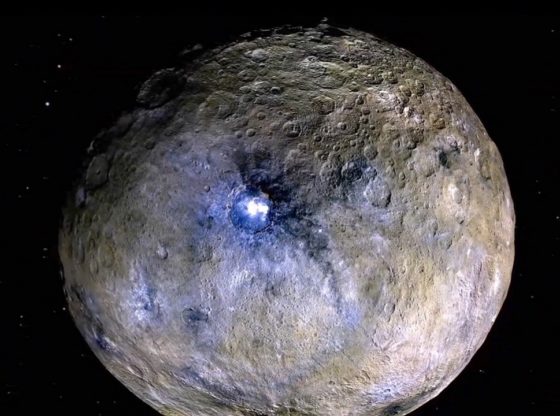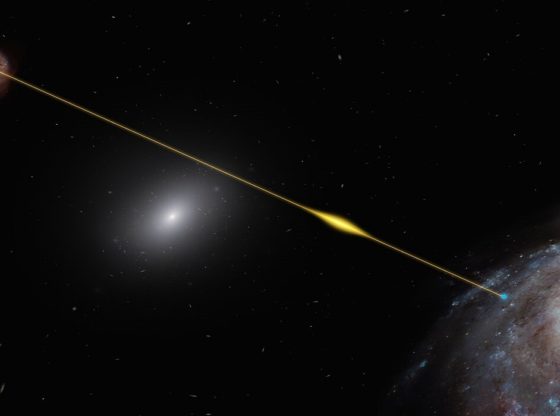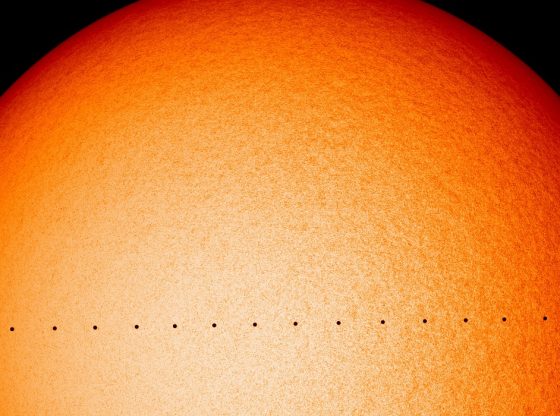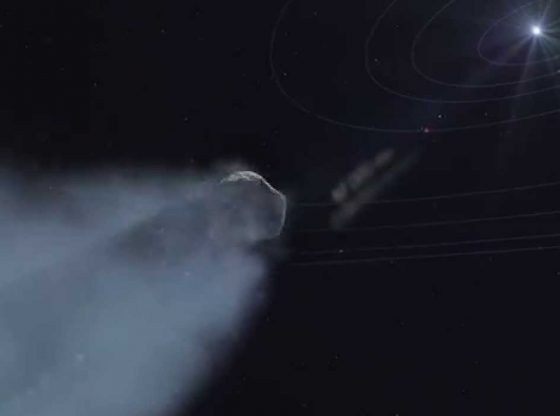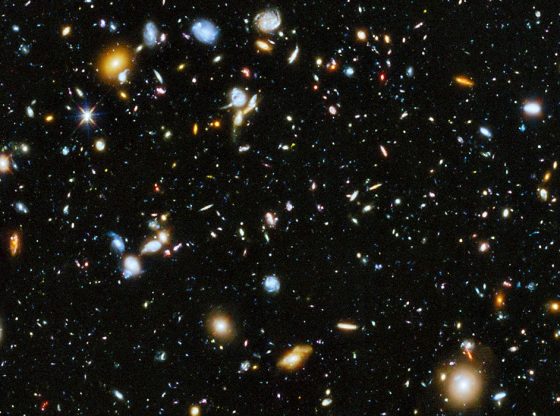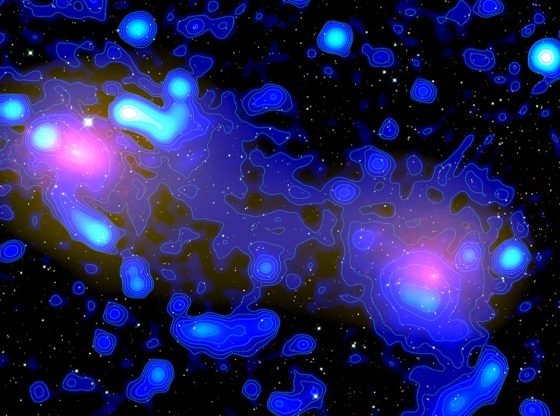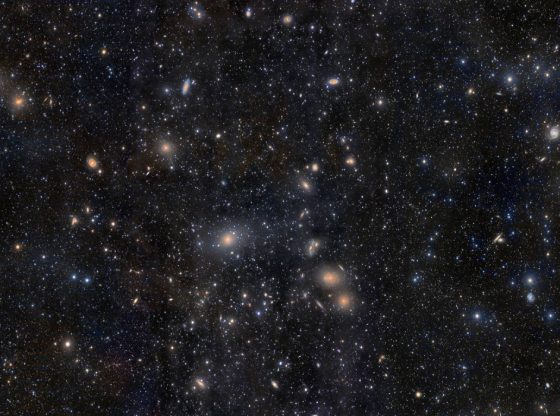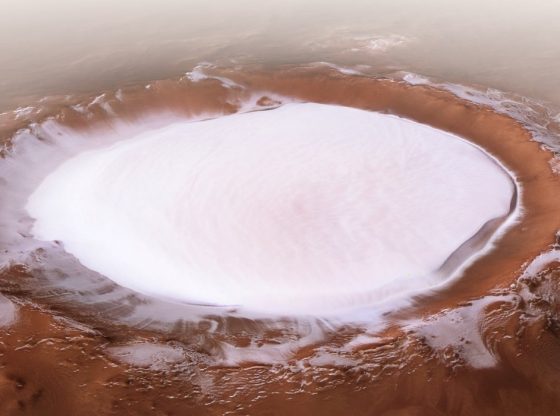The Nobel Prize in Physics has been jointly awarded to James Peebles, Michel Mayor and Didier Queloz for their work in furthering our understanding of the universe.
One half of the award was given to James Peebles “for theoretical discoveries in physical cosmology,” and the other half jointly to Michel Mayor and Didier Queloz “for the discovery of an exoplanet orbiting a solar-type star.”
“This year’s Laureates have transformed our ideas about the cosmos. While James Peebles’ theoretical discoveries contributed to our understanding of how the universe evolved after the Big Bang, Michel Mayor and Didier Queloz explored our cosmic neighborhoods on the hunt for unknown planets. Their discoveries have forever changed our conceptions of the world.”
– Nobel Prize, press release.
James Peebles was rewarded for laying a foundation for modern cosmology, including his realization that the faint microwave radiation that filled the cosmos just 400,000 years after the Big Bang contains crucial clues to what the universe looked like at this primitive stage and how it has evolved over the subsequent 13bn years.
Mayor and Queloz have been recognized for their joint discovery in 1995 of the first exoplanet 50 light-years away in the constellation of Pegasus. The planet, 51 Pegasi b, is a gaseous ball about 150 times more massive than the Earth and with a scorching surface temperature of 1000C.
2019 #NobelPrize laureate James Peebles took on the cosmos, with its billions of galaxies and galaxy clusters. His theoretical framework, developed over two decades, is the foundation of our modern understanding of the universe’s history, from the Big Bang to the present day. pic.twitter.com/fly4alndv9
— The Nobel Prize (@NobelPrize) 8 oktober 2019
The discovery heralded a new era of astronomy, with astronomers having since found many thousands of extrasolar planets, with a vast range of sizes, forms, and orbits. Learning about these strange and varied worlds beyond our solar system has transformed our understanding of how planets formed and given new focus to the question of whether there could be alien life is out there somewhere.
Half of the 9 million Swedish krona ($910,000) prize will be given to Peebles, while Mayor and Queloz will split the rest.

